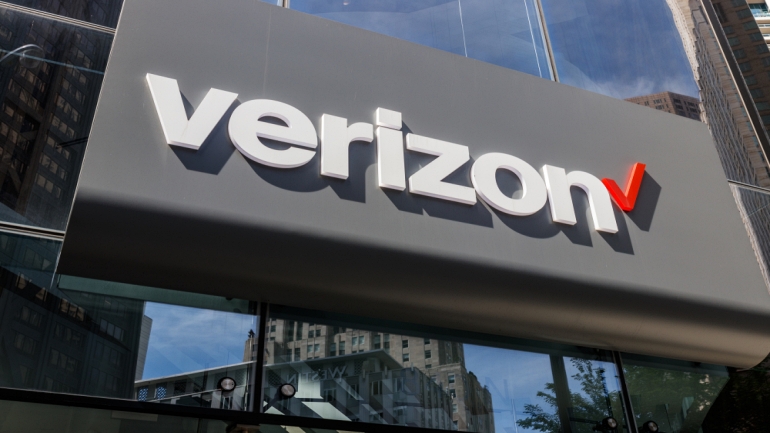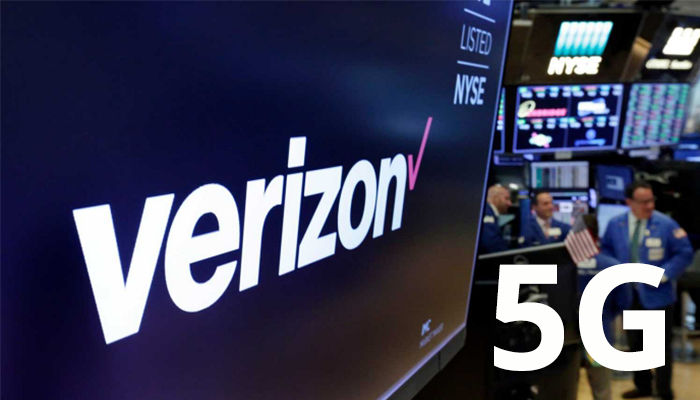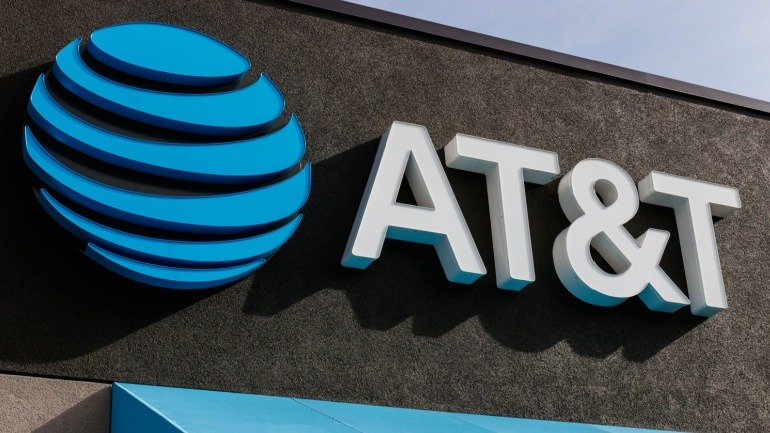New Jersey, US-based Synchronoss Technologies has announced that it is working with a new joint venture formed by the four largest mobile operators in the United States – AT&T, Sprint, T-Mobile and Verizon – to speed up the delivery of an advanced mobile messaging service to consumers and businesses in all four mobile networks. The US tech giants have recently launched Cross Carrier Messaging Initiative (CCMI) and will cooperate with cloud, messaging, digital and IoT product specialist Synchronoss to offer a compatible Rich Communications Services (RCS) application to Android devices in 2020. This platform, based on the RCS standard that was developed together with technology partner WIT Software, can create a messaging ecosystem that allows consumer brands to attain a new level of engagement. The solution can also help meet the growing demand for content rich, personalized interactions through messaging communications, Synchronoss said in a press release. The company…
American telecoms giant Verizon said that it has made enterprise-specific upgrades and has “supercharged” its cloud-calling Virtual Communications Express (VCE) platform. The company has boosted its VCE solution by providing delivery over its global VoIP network, and reinforced the service with hosted or premises-based SD-WAN connectivity. The platform, which now provides an opportunity to enhance employee collaboration and productivity, is currently available across Asia, Europe and the United States. Alla Reznik, Executive Director of Customer Experience, Global Products and Services at Verizon, said, “By leveraging Verizon’s global network strength and market leading VoIP portfolio, we have developed an enhanced collaboration solution that delivers powerful hosted UC&C features underpinned by superior network connectivity and performance. This enterprise-grade solution will take global business collaboration to the next level.” In its press release, the company said that by combining the VCE platform with Verizon’s VoIP service, users will significantly reduce costs…
Verizon has announced a successful edge computing trial on a live 5G network, conducted using their newly formed 5G test bed in Houston. The company’s engineers used Multi-Access Edge Compute (MEC) equipment and MEC platform software, incorporated in a network facility closer to the network edge, and managed to decrease network latency by half. The test results are important for next generation networks, enabling 5G to support low-latency applications such as Virtual Reality (VR). Low latency refers to minimizing the round-trip time taken by data packets. This is an essential yet enormously challenging attribute for a 5G network, and its high performance requirements. At present, many mobile applications depend on cloud-based processing that is handled in centralized data centers, and the physical distances involved increase latency. According to Verizon, locating the computing power nearer to the users at the network edge significantly decreases the time to deliver services. …
Three telecommunication giants, Verizon, Motorola and Samsung, have shared some good news and provided updates regarding progress with the long-awaited 5G network. Verizon has announced that they have successfully accomplished the connection of a 5G-upgradeable Motorola smartphone using a Qualcomm 5G modem and Samsung’s 5G technology to their 5G network. The team performed tests that included video calling and Internet browsing by means of a 5G link. According to Bill Stone, vice president, Technology Development and Planning for Verizon, “In the past two years, we have consistently led the world in 5G, including launching the world’s first commercial 5G service last month”. Obviously upbeat about this successful test using an actual smartphone, he assured, “We will be the first to offer a 5G upgradeable smartphone on our network in 2019.” Verizon’s 28 GHz spectrum and Samsung 5G New Radio solutions were employed to complete the transmissions. The 5G-enabled…
October 1st, 2018 will be remembered as the date when the first 5G broadband network went live, with the telecommunications giant Verizon launching its 5G network in parts of Houston, Indianapolis, Los Angeles and Sacramento. The company confirmed that it will be expanding its coverage shortly, pending the installation of new standards-compliant equipment. “The world’s first commercial 5G service is here. We’ve formed incredible partnerships with many of the world’s leading technology companies, the international technical standards bodies, public officials, developers and our own customers to drive the 5G ecosystem forward, faster than most had predicted. And now, actual customers. It’s been an incredible journey…and we’re just at the starting line,” the president of Verizon Wireless, Ronan Dunne, expressed enthusiastically. The very first user on this network, a resident of Houston, Clayton Harris, became one of the early adopters by setting up a “5G Home” service, an ultra-fast…
Connecting to a public WiFi network at airports, hotels or even at a local coffee shop is not always as safe as one might think, as intercepting private information sent over a public network is quite easy even for inexperienced hackers. As a result, Verizon has decided to combat this security vulnerability by launching a VPN for their customers, Safe Wi-Fi. This new service protects personal data from prying eyes, and blocks advertisement trackers by using VPN encryption. Safe Wi-Fi is available on iOS and Android devices for a fee of $3.99 per month, and can cover up to 10 devices linked to a Verizon account. Considering how much the theft of personal information might cost a user, this is a small price to pay for keeping important data secure.
The latest Ookla report reveals that cellular connections now surpass Wi-Fi at U.S. airports, averaging double the download speed. Travelers, who traditionally relied on public Wi-Fi, are shifting towards cellular services from major carriers like Verizon, T-Mobile, and AT&T for faster, more secure connections. This trend highlights the need for improved VoIP reliability at airports.
LOS ANGELES, Dec., 2025 /PRNewswire/ — Telgorithm, a leading provider of cloud communications infrastructure, today announced that its Smart Queueing technology has been officially granted a U.S. Patent No. 12,457,522, recognizing the company’s breakthrough innovation for A2P 10DLC messaging and the only feature on the market to auto manage messaging throughput and carrier compliance in order for software platforms to be able to reduce failures, improve deliverability performance and lower costs.What makes this patented invention unique is its real-time, carrier-specific flow-control system that automatically enforces each Brand and Campaign’s The Campaign Registry (TCR) throughput allotments by mobile network operator (MNO), and decides message-by-message whether to send immediately or queue for later delivery. This never-before-seen system allows software platforms to maximize throughput, maintain compliance, and achieve deliverability rates over 99% to reduce unnecessary costs.”Smart Queueing was engineered specifically for the complexities of A2P 10DLC and to eliminate the guesswork and failure risk in 10DLC messaging,”…
AT&T’s strategic focus on fixed broadband is reshaping their approach to customer retention, as emphasized by CEO John Stankey at the UBS Global Media & Communications Conference. With growing competition from Verizon and T-Mobile, AT&T aims to harness fiber’s potential for converged services and target underserved demographics, ensuring a competitive edge.
AT&T is suing T-Mobile over the new Easy Switch tool, alleging unlawful access to its systems using AI tools. This tool, promising quick network switches, is under fire for allegedly scraping customer data. The lawsuit highlights ongoing tensions and competitive tactics in the telecom industry’s battle for customer acquisition.













